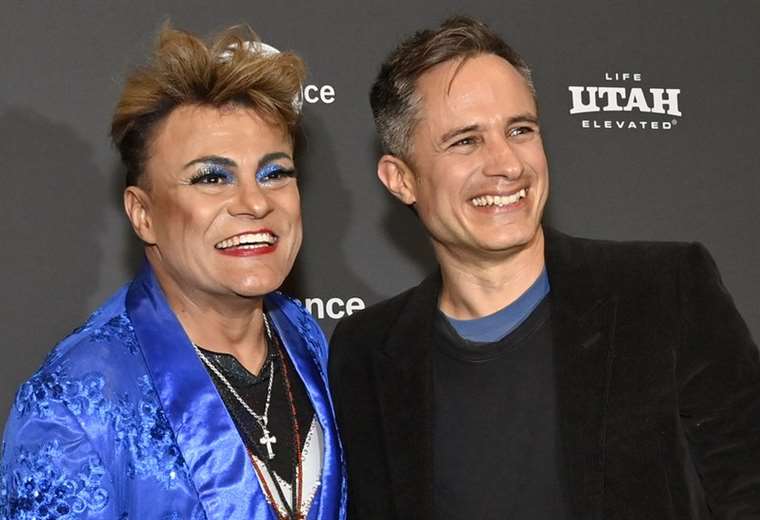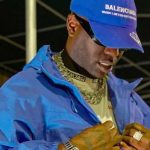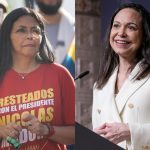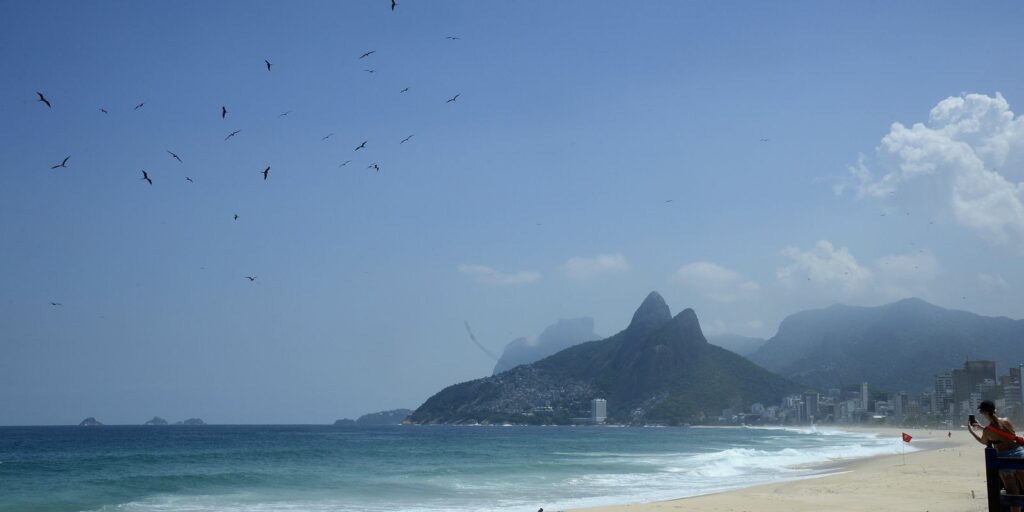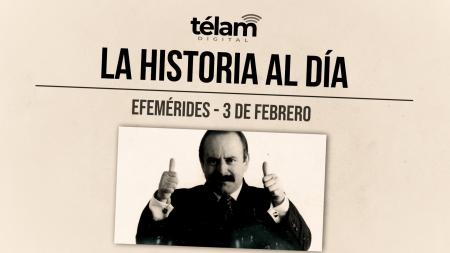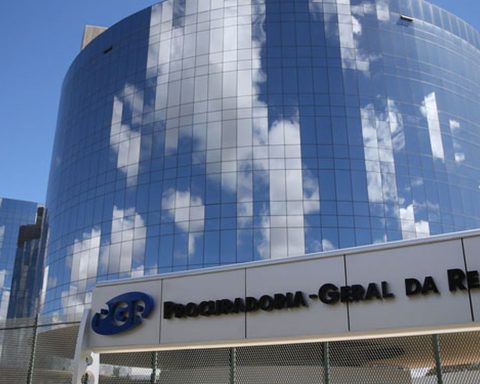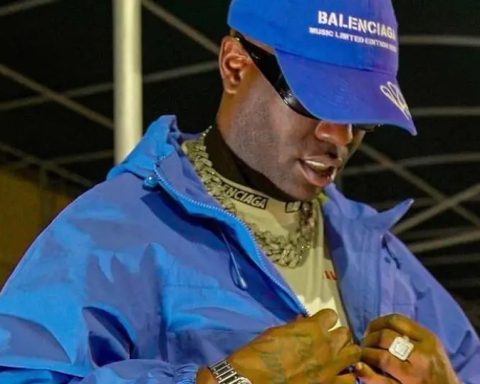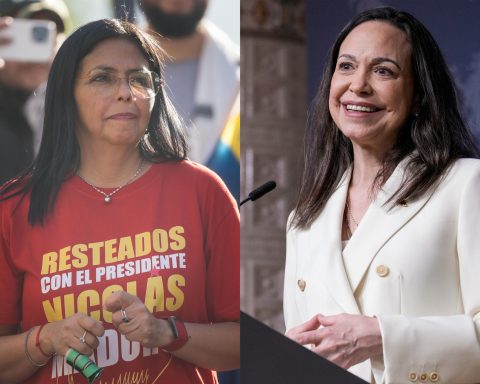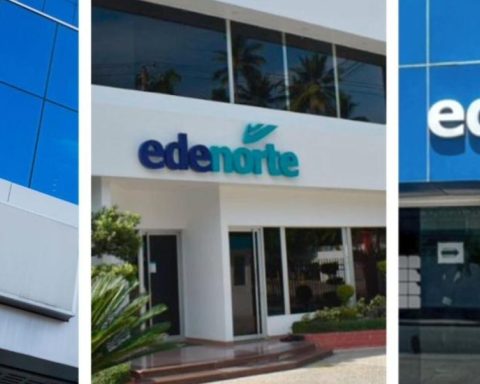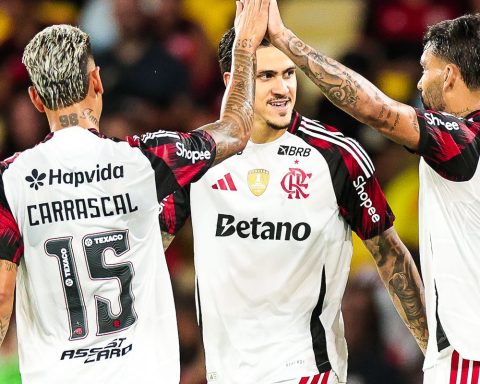February 3, 2023, 7:29 AM
February 3, 2023, 7:29 AM
He is one of the most famous “exotic” wrestlers, as wrestling athletes whose characters contain homosexual or effeminate references are known.
And in a medium where what is imposed is physical strength, he conquered the public with his personality, his self-confidence and his flirtations.
Cassandro, whose ring name is Saúl Armendáriz, was the first wrestler in Mexico to openly declare his homosexuality. And with his arrival in the ring in the 80s, he revolutionized that unique world where art and sport coexist.
Although there have been documentaries about the wrestler, known as “the Liberace of Lucha Libre” or “Cassandro El Exótico”, a fictional film about his life had never been made.
The new film, titled simply “Cassandro”, had its world premiere at the Sundance Festival in the United States in January and will be available on Amazon Prime Video.
The film, directed by American Roger Ross Williams, also features a brief role by Puerto Rican rapper Bad Bunny.
García Bernal caused quite a stir at the premiere in Park City, in the state of Utah, when he arrived accompanied by the real Cassandro. The fighter is now 52 years old and a stroke has left him with limited speech and movement on one side of his body.
But it became clear that both his vibrant energy and his ability to seduce the public remain valid.
The movie
The film focuses largely on Cassandro’s beginnings as a wrestler and his relationship with his mother (played by the Mexican actress and playwright Pearl of the Rose).
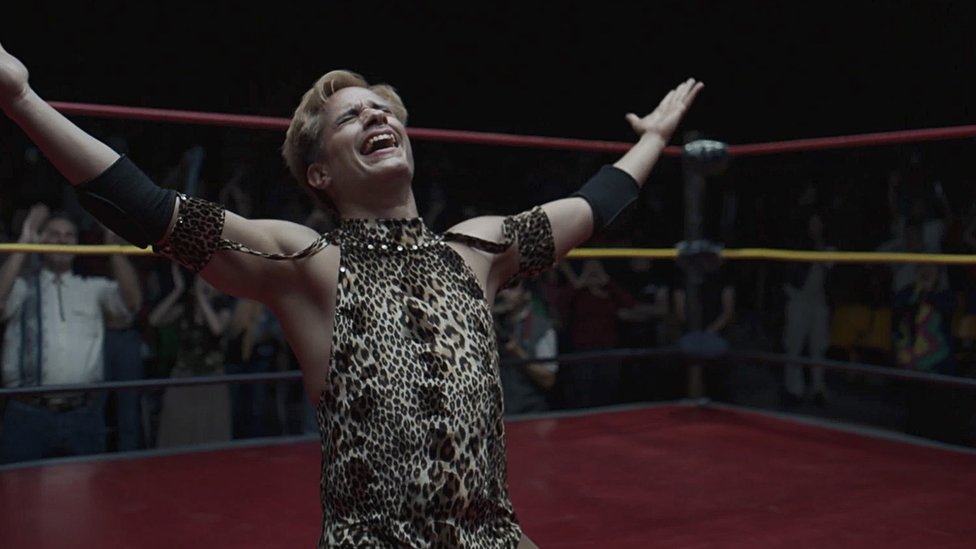
It is the first fiction feature film by director Roger Ross Williams, who won an Oscar in 2010 for his documentary Music by Prudence (about Zimbabwean singer Prudence Mabhena).
Regarding his new film, Williams told the American press that “the true story of Cassandro, Saúl Armendáriz, is something I wanted to tell from the moment I met him.”
“As a filmmaker, my own life experience has inspired my passion for telling inspiring stories about alternate characters and raising the voices of people we don’t normally see on screen“.
For his part, the Mexican actor, producer and director Gael García Bernal told the press at the Sundance Festival: “I was interested in representing that world where people are not from here or there… that peculiar lifestyle, their color, its music and beyond that, Cassandro in his search for identity to find himself“
“He (Saúl Armendáriz) plays a character (Cassandro) to know who he wants to be… I hope people come out of this thinking ‘Okay, we can always do an act, and we can always play another character, and we can always reinvent ourselves, and there’s a potential for that.’ And we don’t need to have a definition of who we are because that’s not natural.”
The beginnings of the fighter
Cassandro was born in the border city of El Paso, Texas, United States, and alternated his life between that place and Ciudad Juárez, on the Mexican side.
In a radio documentary by journalists Victoria Ferrán and Susan Marling, broadcast on the BBC World Service in 2016, the wrestler recalled having suffered discrimination since childhood due to his sexual orientation.
“When I was 6 years old they called me at the office of the school principal in El Paso and I didn’t know why. Now I know it was because I was gay,” he said.
When he was 16 years old, he decided to move to Ciudad Juárez to become a wrestler.
The ring made him feel empowered.
“The fight is so masculine, so macho. Many say: ‘A homosexual can’t do this.’ So I like to provoke them a bit,” he confessed in the documentary.
But it was not easy to win a space.
“For years it was hard for the public, especially the male one, to stop classifying me as a gay man and see my talent, my skills as a fighter; stop seeing the negative to see the positive,” he said.
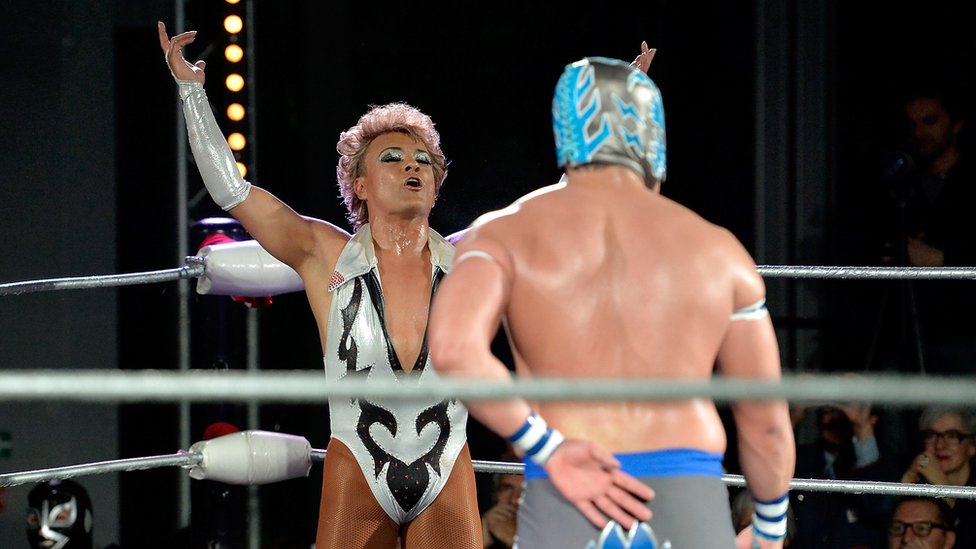
Champion
Cassandro was the first wrestler in Mexico who demonstrated that a gay man could be as good a wrestler as a straight one. Or better.
In 1992 it became the first exotic wrestler to win a wrestling championship, the Universal Wrestling Association World Lightweight (UWA).
However, success led Cassandro astray in his youth.
“It was not good having to deal with fame and money. And when I discovered drugs and alcohol I felt numb. I no longer remembered the abuse and beatings,” he said.
“I ended up living in a friend’s backyard, eating out of garbage cans, spending weekends in prison, losing my mother, losing myself.”
On June 4, 2003, he decided to turn his life around.
“I knew that I had to change, that enough had been done,” he said.
He entered a detoxification center, where he managed to overcome his addictions.
“The scariest moment in my life was when I returned to wrestling, 18 days after completing my treatment,” he confessed.
Cassandro remembered how he secluded himself in the locker room, put on headphones so as not to hear external stimuli and recited a prayer about serenity over and over again.
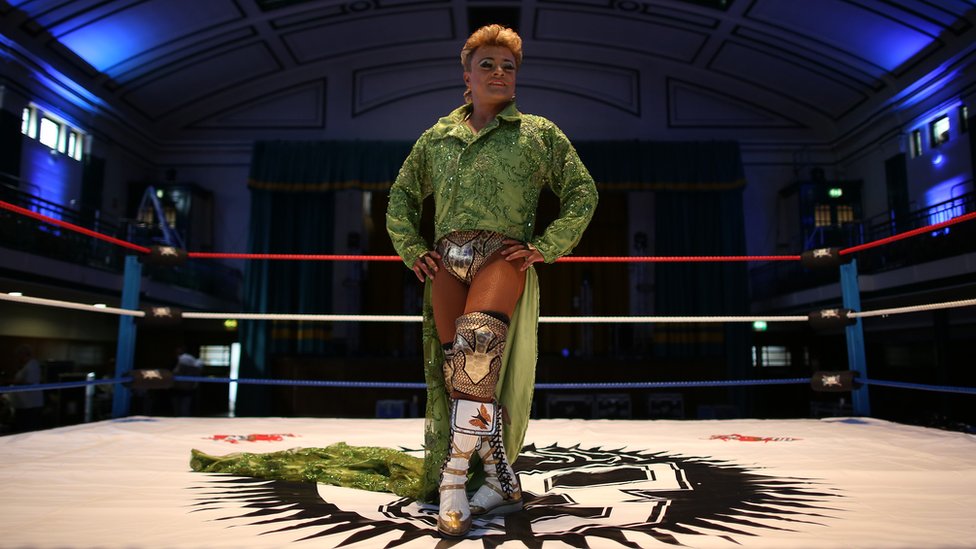
The effort paid off. Eight years later he managed to vindicate himself and return to the top of his sport, obtaining in London the National Professional Wrestling Alliance World Welterweight Championship (NWA, in English).
It was an impressive achievement, not just for an exotic but for any fighter.
creating awareness
Cassandro remembered his beginnings in the ’80s along with other exotic fighters such as Pimpernela Scarlata and Mayflower.
“We were the first to put on makeup and pantyhose. People were saying to us, ‘what the hell are you doing?’
The fighter knows that although not everyone takes exotics seriously, they fulfill an important social task, by putting gender issues in the public spotlight.
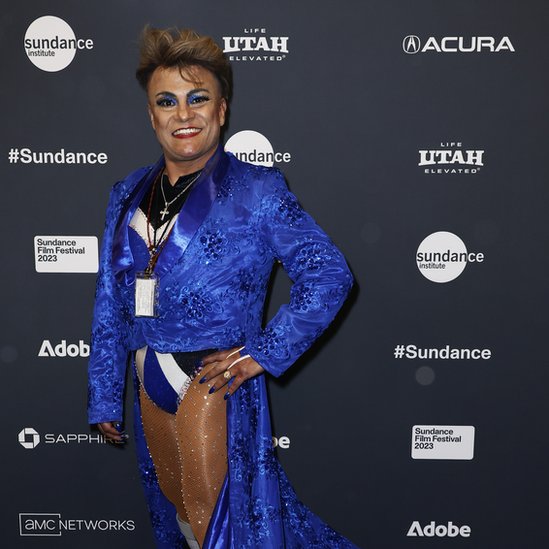
With his feathers, ornaments and glamorous outfits, the athlete is seen by some as a critique of machismo in Mexican culture.
But beyond criticism, what Cassandro has achieved, according to many, is to liberate. By being himself he gave others permission to be themselves.
In the radio documentary broadcast by the BBC, he said: “I don’t want you to be part of the problem, I want you to be part of the solution, and the solution is that you are okay with someone being gay, transgender, bisexual. And if you are are you, you know it’s okay to be who you are“.
Anthropologist Heather Levi, author of the book “The World of Lucha Libre: Secrets, Revelations, and Mexican National Identity,” has pointed out in the past that wrestlers like Cassandro sent a strong message to society.
“The idea that this effete, flamboyant, feminine man can dominate a straight man really revolutionizes the terms of what it means to be gay, straight, and what it means to be male and masculine.”
Cassandro stated in the 2016 documentary that the important thing was to connect and make a difference.
“I just step into the ring and use my talent and my work as if it were part of a medicine. Whatever you want to cure, have to deny or accept, I will help you through what I do to walk that path.” .
Now you can receive notifications from BBC Mundo. Download the new version of our app and activate them so you don’t miss out on our best content.
